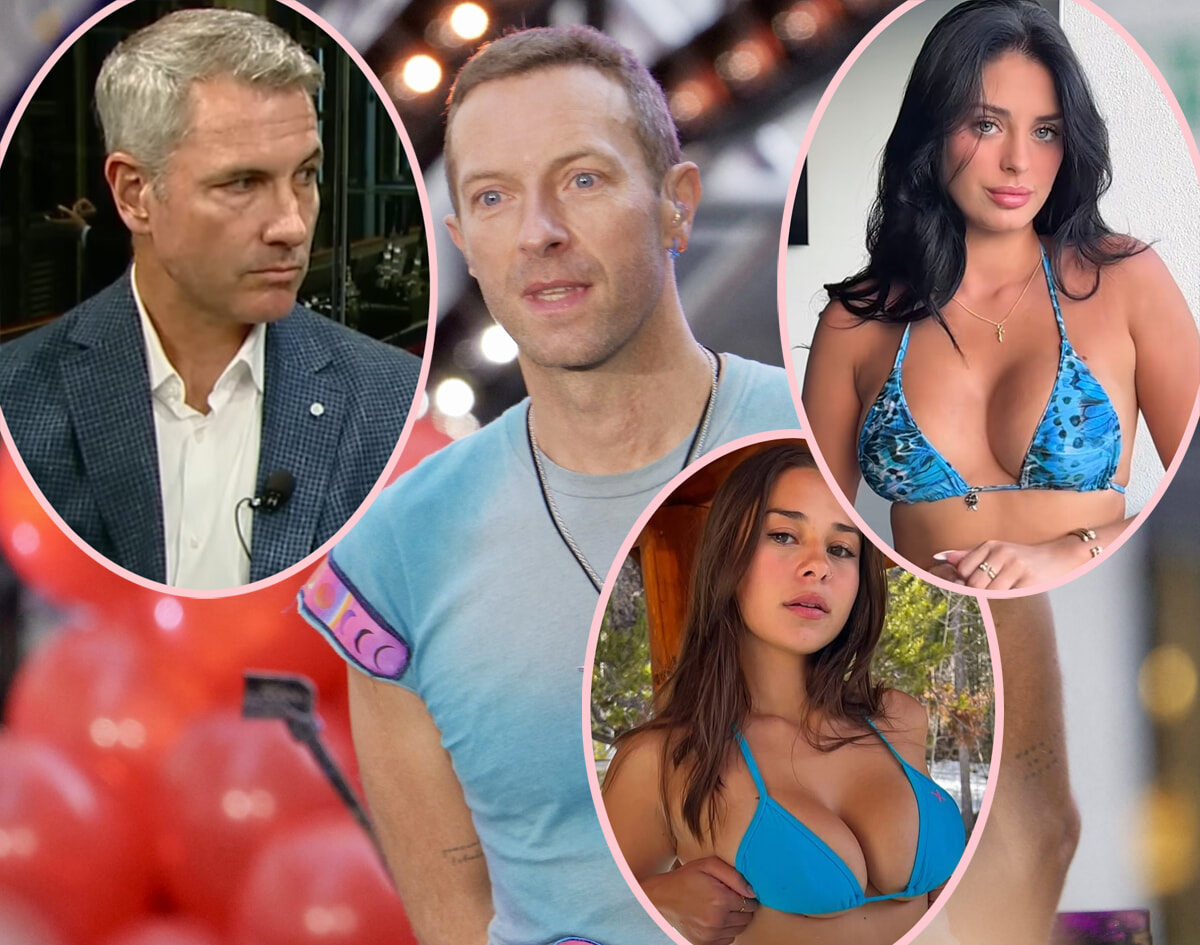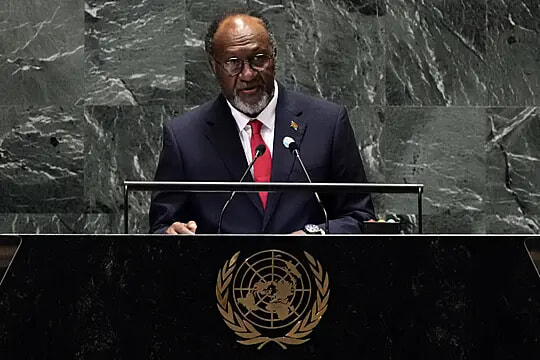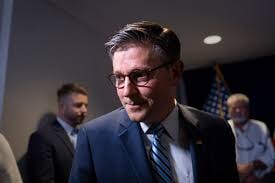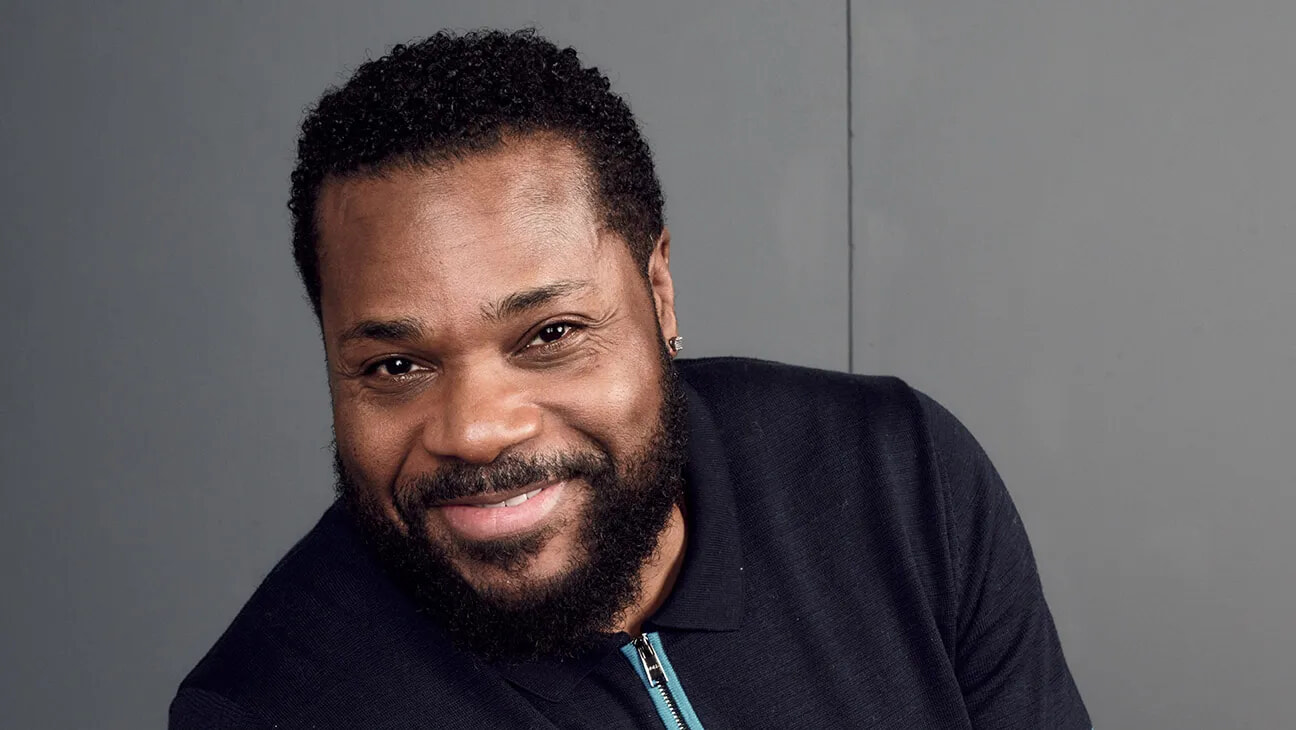
Malcolm-Jamal Warner, Star of The Cosby Show, Drowns at 54
This is so tragic.
Published July 23, 2025
Advertisement
Advertisement
1. Tragedy on the Shore
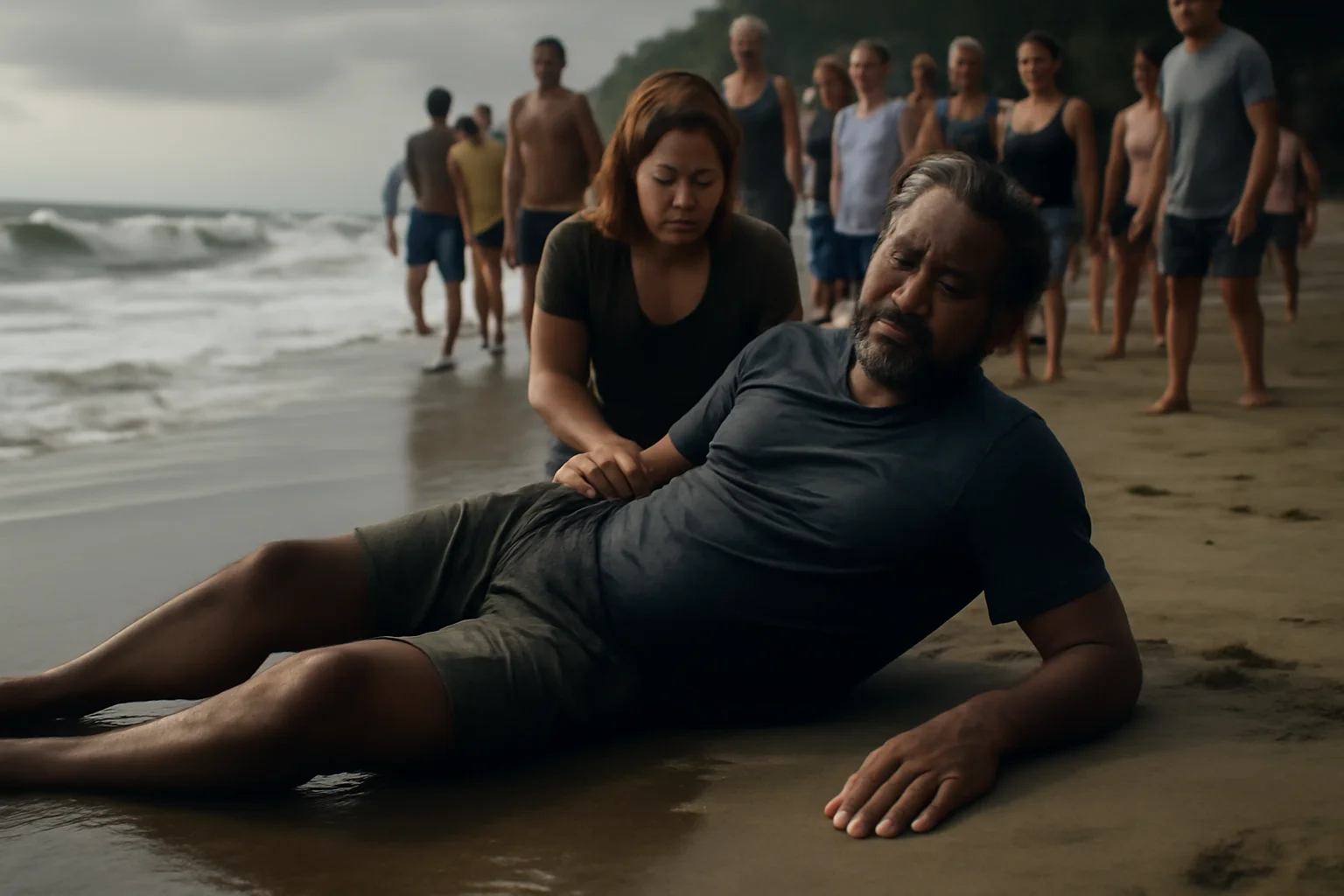
Malcolm-Jamal Warner, known to millions as Theo Huxtable from “The Cosby Show,” died at 54 in a tragic drowning off the coast of Costa Rica.He was vacationing with his family at Playa Cocles in Limón province when a swift current pulled him out to sea, a fate that unfolded in front of stunned onlookers on a Sunday afternoon.Despite the desperate efforts of surfers and bystanders who managed to bring both Warner and his eight-year-old daughter back to shore, only his daughter survived the ordeal.Warner was given 45 minutes of CPR by the Costa Rican Red Cross, but he was pronounced dead at the scene from asphyxia by submersion, with the cause of death ruled accidental by local authorities.Warning signs about dangerous rip currents lined the beach, yet there were no lifeguards on duty that day, and multiple swimmers struggled in the powerful waters.His remains were transferred from the Judicial Morgue and scheduled to be returned to Los Angeles, leaving family, friends, and fans devastated by the loss.The news of his passing sent shockwaves through Hollywood and beyond, as tributes poured in from celebrities and fellow actors who had worked with him throughout his distinguished career.Warner is survived by his wife and daughter, both of whom largely stayed out of the public eye.His sudden passing has left a void in the hearts of those who knew him, admired him, and grew up watching his gentle charisma light up the screen.A sense of disbelief lingers as fans and colleagues mourn the man who had become a symbol of dignity and warmth on and off television.The grief is especially deep for those who saw Warner not just as a star, but as a cultural touchstone for Black families across generations.
Advertisement
2. A Star Is Born
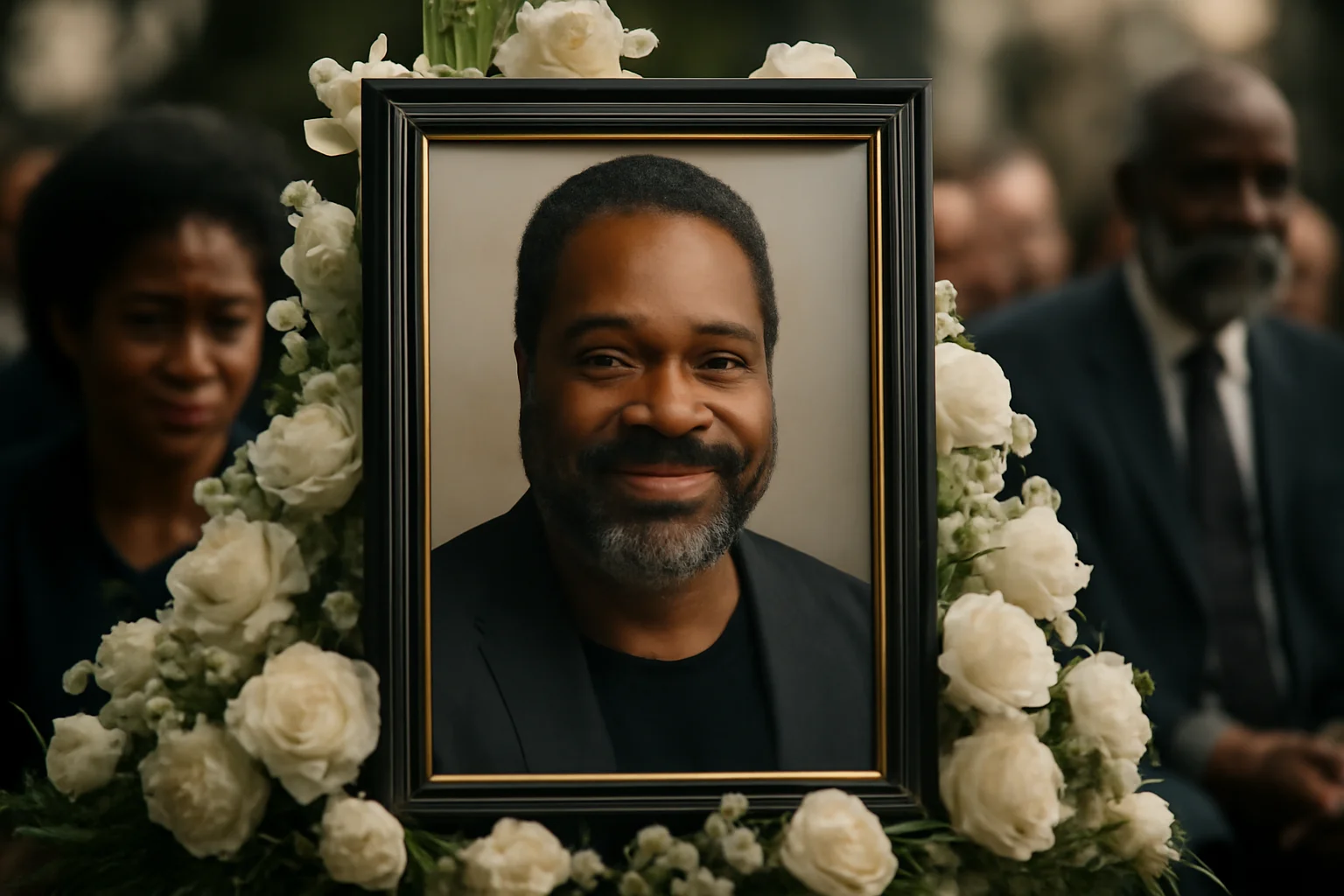
Malcolm-Jamal Warner was born in Jersey City, New Jersey, in 1970, named after Malcolm X and jazz pianist Ahmad Jamal, and raised by his mother Pamela, who managed his career from the age of nine.He made early television appearances on shows like “Matt Houston” and “Fame,” but his life changed forever when he landed the role of Theo Huxtable at thirteen after a national search.“The Cosby Show” premiered in 1984, quickly becoming a phenomenon that not only dominated ratings but also changed the face of television, showing a successful, loving Black family to audiences worldwide.Warner’s portrayal of Theo—a relatable, sometimes mischievous teen navigating life as the only son in a family of four sisters—struck a chord with viewers of all backgrounds.He was nominated for a Primetime Emmy in 1986, his natural talent and chemistry with co-stars Bill Cosby and Phylicia Rashad endearing him to a generation of fans.By the time the series ended in 1992 after eight seasons and 197 episodes, Warner had left an indelible mark on American pop culture.He often reflected on the impact of the show, noting how it “legitimized the Black middle class” and became a source of pride and aspiration for viewers who saw themselves represented for the first time.Fan letters poured in by the thousands, thanking the cast for challenging stereotypes and offering an alternative narrative of Black family life on prime-time TV.Even as controversy later complicated the show’s legacy, Warner’s work remained a shining example of his talent, professionalism, and resilience.He moved beyond the shadow of Theo, embracing a diverse array of creative pursuits in music, poetry, and television.For millions, Warner’s teenage smile, gentle wit, and emotional authenticity as Theo are forever etched in memory.
Advertisement
3. Beyond the Huxtable Home
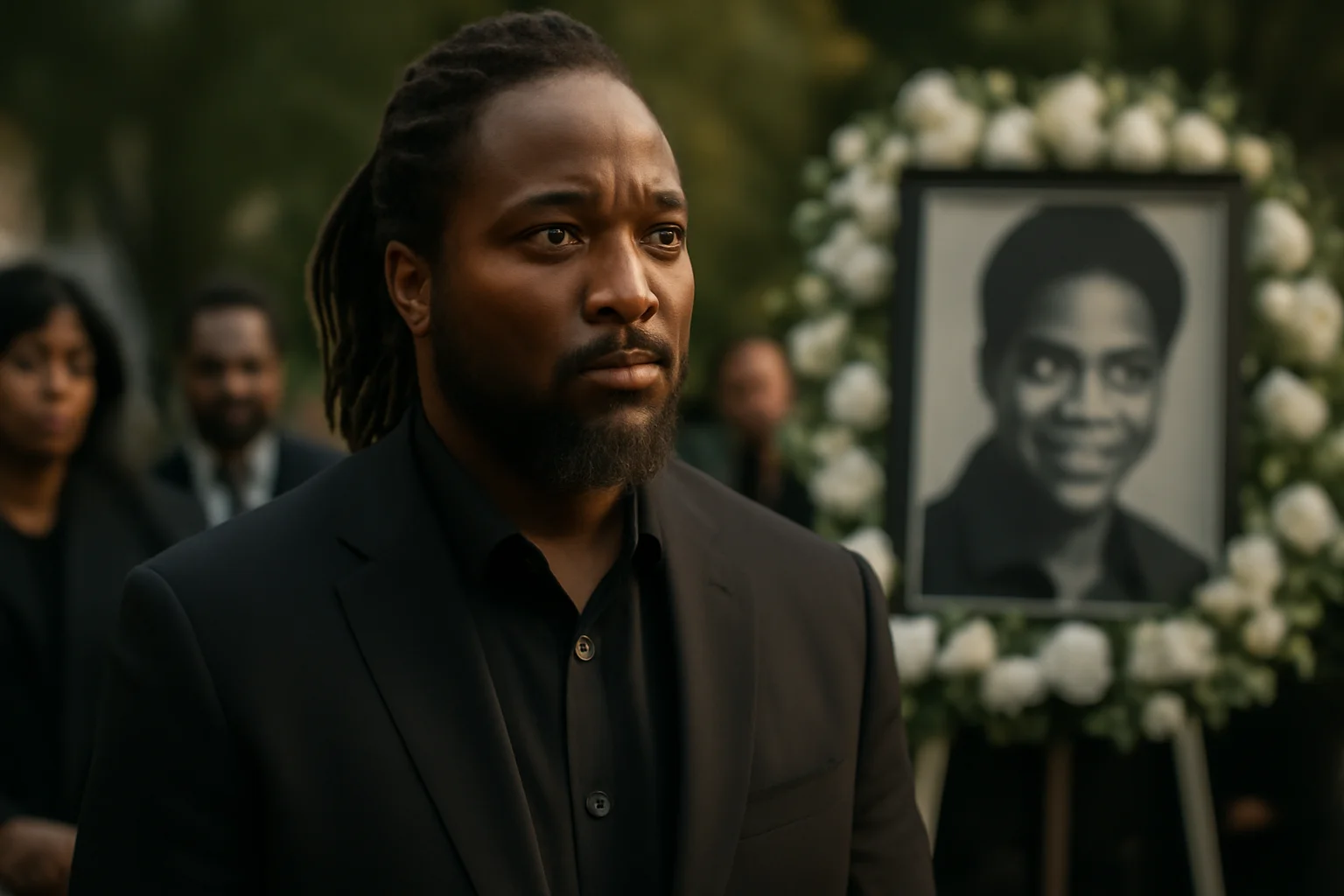
Malcolm-Jamal Warner’s determination to avoid the child-star curse defined his trajectory after “The Cosby Show,” propelling him into decades of steady, multifaceted work.He starred in the sitcom “Malcolm & Eddie” with Eddie Griffin from 1996 to 2000, demonstrating sharp comedic timing and earning respect from peers for his professionalism and work ethic.Warner took on roles in series like “Reed Between the Lines” opposite Tracee Ellis Ross, “The Resident” on Fox, “Community,” “Suits,” “Touched by an Angel,” and “Sons of Anarchy,” showing a remarkable range and depth.He also found creative outlets as a director, helming episodes of “The Cosby Show,” “All That,” “Keenan & Kel,” “The Fresh Prince of Bel-Air,” and more, quietly building a reputation for steady leadership behind the scenes.His voice brought The Producer to life on “The Magic School Bus,” adding another dimension to a career that delighted audiences both young and old.Warner’s recent appearances in “Alert: Missing Persons Unit,” “9-1-1,” and “The Wonder Years” reboot showed that his presence on television remained as vital as ever.He was never content to be a nostalgia act, continuously reinventing himself while never losing sight of the humility instilled in him from childhood.Peers described him as a supportive friend and a steadying force on set, a reputation echoed in the outpouring of grief from the entertainment community.Throughout, Warner carried the burdens and blessings of his early fame with quiet grace, determined to forge a legacy that extended beyond his most famous role.His tireless creativity, warmth, and ability to remain grounded made him a rare figure in the entertainment world—admired by all who had the privilege of working alongside him.
Advertisement
4. A Voice for the Community

Warner was much more than an actor; he was a poet, musician, activist, and cultural advocate whose work resonated far beyond Hollywood’s borders.In 2015, he won a Grammy for Best Traditional R&B Performance for his work with Robert Glasper and Lalah Hathaway on a Stevie Wonder classic, and was nominated again in 2023 for his spoken word poetry album “Hiding in Plain View.”He launched the podcast “Not All Hood” to amplify underrepresented voices and challenge monolithic portrayals of Black life, drawing on his own experiences to foster honest dialogue and connection.Warner spoke candidly about the importance of legacy, representation, and mental health in the Black community, always seeking to use his platform for positive change.He took pride in showing that Black life in America is multifaceted, filled with love, struggle, success, and nuance—lessons he learned both on set and in his own journey.Colleagues, fans, and fellow artists noted how Warner was never seduced by celebrity, but instead remained humble, supportive, and deeply aware of the influence he wielded.He was an outspoken advocate for accurate, empowering images of people of color in media, lamenting the loss of “The Cosby Show” as a cultural touchstone but never letting that loss define him.Whether through music, poetry, television, or community work, Warner strove to uplift others and address the gaps he saw in the industry and society at large.His ability to connect deeply with audiences and peers alike stemmed from an authenticity that was impossible to fake.Warner’s artistry spanned genres and generations, making him a guiding light for those who followed and a beloved voice for those seeking connection and meaning.He leaves behind not only a catalog of work, but a living example of how art can heal, challenge, and inspire.
Advertisement
5. The Final Day
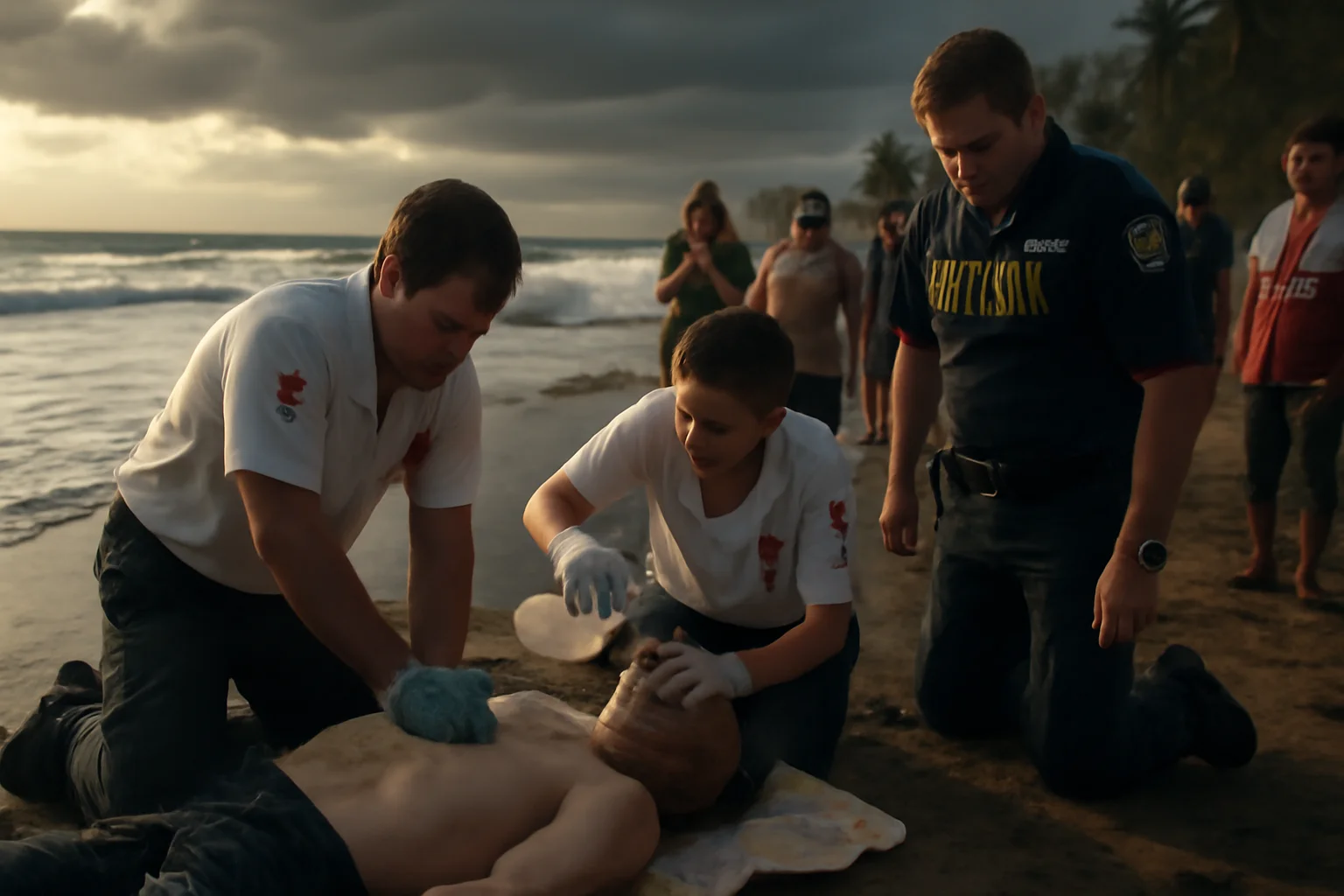
Sunday, July 20, 2025, began like any other day for Warner and his family as they enjoyed the sun and surf on Costa Rica’s Caribbean coast, unaware of the tragedy that would soon unfold.Playa Cocles was marked by clear warning signs about treacherous rip currents, but the beach was unmanned by lifeguards, and visitors like Warner faced the dangers largely on their own.Warner entered the water with his young daughter, and when the current suddenly intensified, both were swept out, drawing the attention and alarm of onlookers and surfers.A surfer used his board to bring Warner’s daughter to safety, while another volunteer lifeguard pulled Warner and a second man from the waves, both in dire condition.The beach, so often a place of joy and relaxation, became the stage for frantic rescue efforts, heartbreak, and ultimately, irreplaceable loss.Local police, Red Cross personnel, and witnesses recounted the valiant efforts to save Warner, a process that lasted nearly an hour and drew a crowd of devastated bystanders.The news spread quickly, with confirmation from Costa Rica’s Judicial Investigation Police and the Forensic Pathology Department, which conducted the autopsy.Warner’s death, confirmed as accidental drowning, immediately became a headline across continents, sparking waves of grief and remembrance.His family faced the task of bringing him home while processing the enormity of what had happened—a husband, father, and friend gone in an instant.The beach, beautiful and wild, became a somber landmark, a place forever linked with a life that touched millions.For Warner’s loved ones and admirers, the events of that afternoon remain a stark reminder of how quickly fate can intervene.
Advertisement
6. Tributes Across Generations
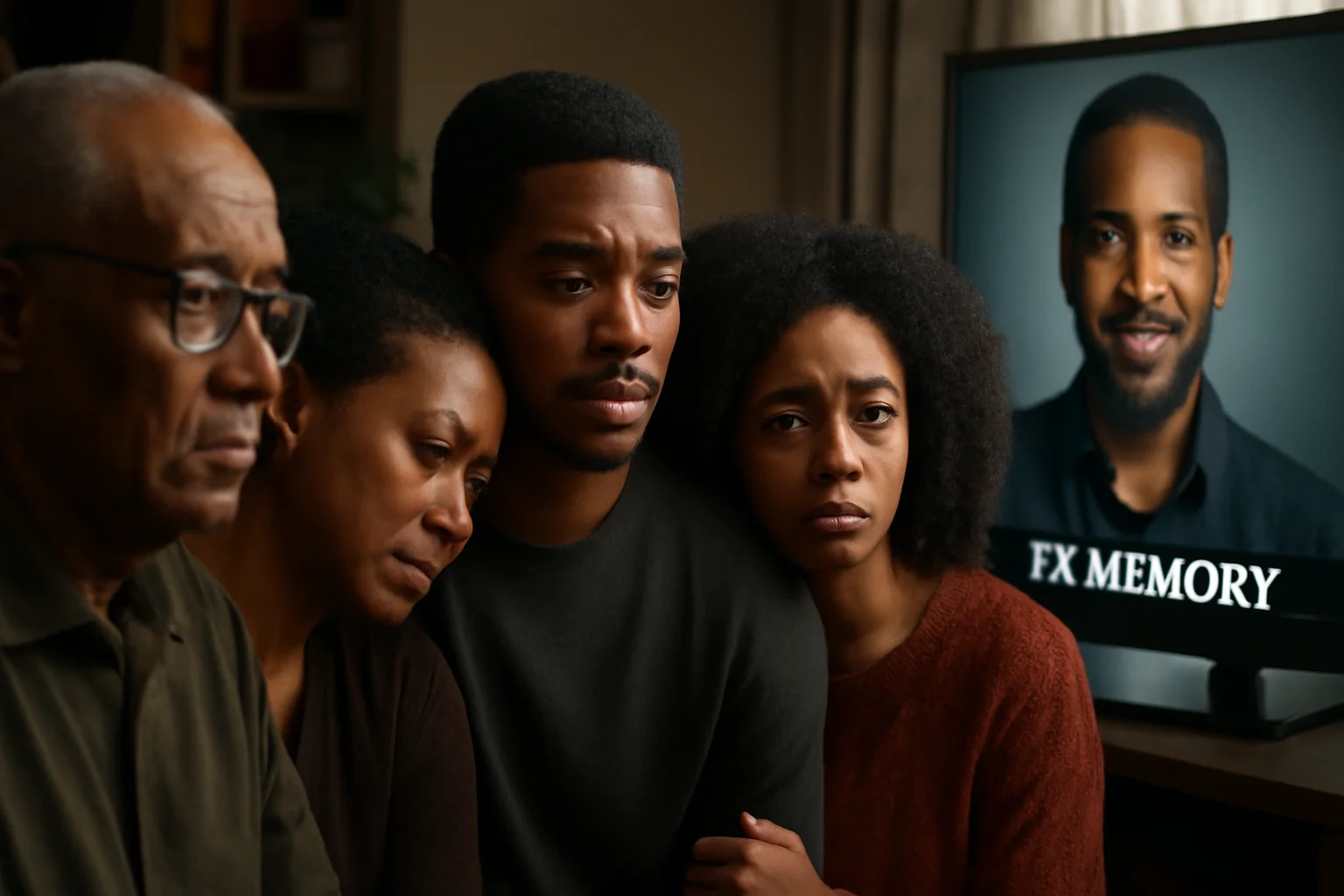
As news of Warner’s passing broke, tributes flooded social media and airwaves from colleagues, friends, and fans spanning decades and industries.Bill Cosby, Phylicia Rashad, Tracee Ellis Ross, Eddie Griffin, Jamie Foxx, Jennifer Love Hewitt, Kevin Hart, Magic Johnson, and Viola Davis were among those who expressed shock, sadness, and gratitude for Warner’s life and work.Cosby remembered Warner’s dedication to his craft and his devotion to family, recalling recent conversations and reflecting on Warner’s transition from child star to accomplished musician and actor.Tracee Ellis Ross called him her “first TV husband” and remembered his warmth, presence, and ability to make the world brighter, sentiments echoed by countless friends and collaborators.Eddie Griffin spoke of their “brotherhood” forged on the set of “Malcolm & Eddie,” while Magic Johnson recalled deep, joyful conversations about basketball, life, and the power of storytelling.Fans flooded social media with memories of growing up alongside Theo Huxtable, with many Black viewers describing Warner as a member of their own families and a symbol of dignity and hope.Warner’s influence extended far beyond his work, touching lives through mentorship, friendship, and advocacy for greater representation and equity in the arts.His Grammy win and ongoing contributions to music, poetry, and public discourse solidified his reputation as an artist of substance and versatility.The sense of loss was palpable, but so too was the gratitude for a life lived with integrity, passion, and unflagging kindness.Warner’s death became a moment of collective reflection on the legacies we leave behind and the power of art to bridge divides.As the entertainment world paused to remember him, it became clear that his influence would ripple through generations yet to come.
Advertisement
7. Cultural Legacy and Impact
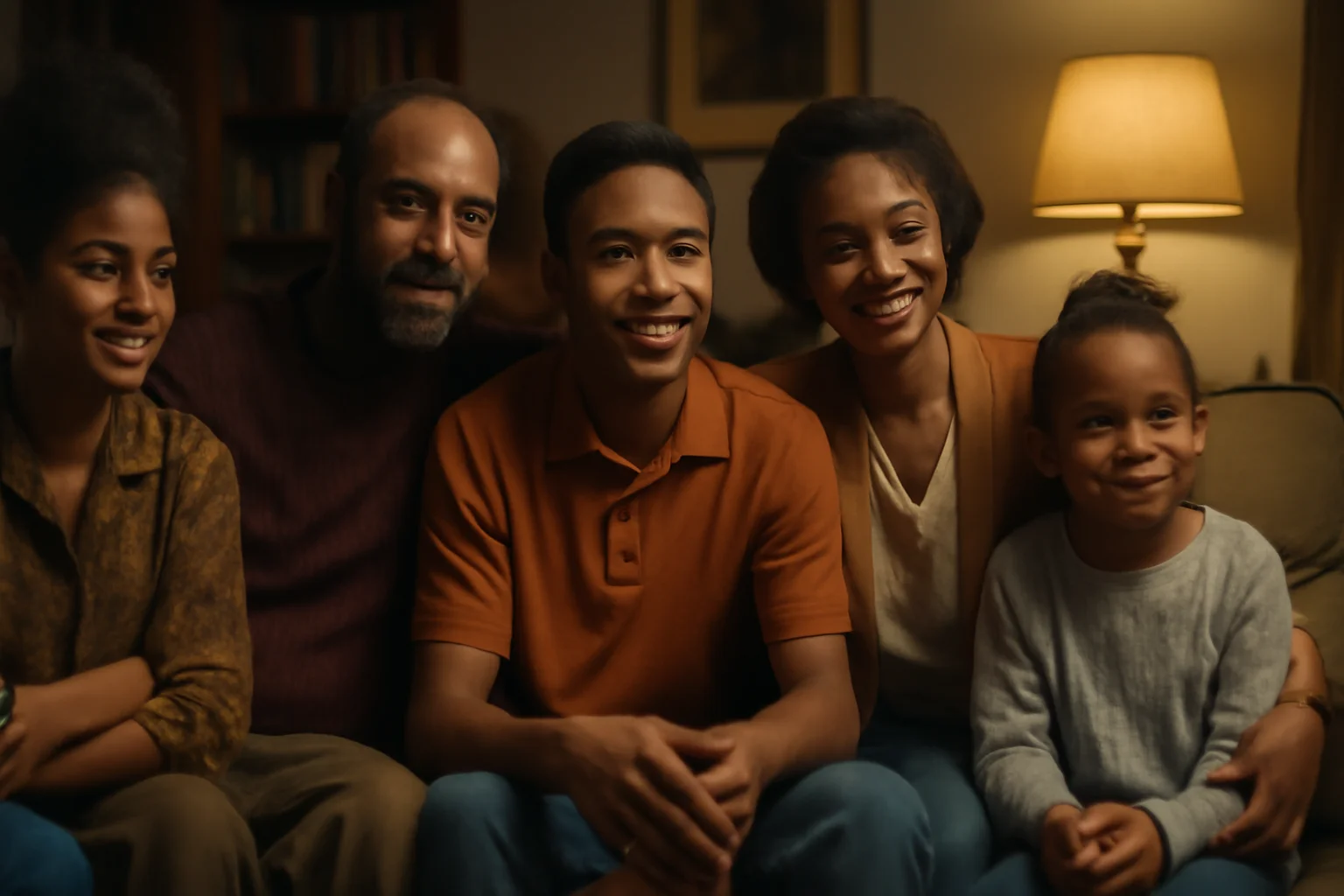
For millions, Warner’s most lasting legacy is his role in “The Cosby Show,” a program that redefined American television and shaped cultural perceptions for years.The series broke barriers by portraying a loving, successful Black family, inviting viewers of all backgrounds into the lives of characters who felt real, nuanced, and deeply human.Warner’s Theo was not a sidekick or a stereotype, but a fully realized teenager facing the universal challenges of growing up, forever altering the landscape of representation on screen.The Huxtable family became a cultural phenomenon, with Warner at the center of storylines that addressed everything from dyslexia to teenage rebellion, always with honesty and humor.As later scandals complicated the show’s legacy, Warner acknowledged the sadness and frustration, but also emphasized the positive impact it had for Black audiences and society as a whole.He often spoke about the importance of positive images in the media, reminding the world of the transformative power of representation.Warner’s influence went beyond acting, as he continued to write, perform, and create art that grappled with the complexities of identity, family, and culture.For many, his steady presence on screen provided a blueprint for dignity, kindness, and self-acceptance, qualities that became inseparable from his public persona.He worked tirelessly to uplift others and advocate for more inclusive, authentic storytelling in all forms of media.The show may have ended decades ago, but Warner’s contributions to the fabric of American culture continue to resonate.His life remains a testament to what is possible when talent, character, and purpose come together in service of something greater than oneself.
Advertisement
8. Facing the Shadows
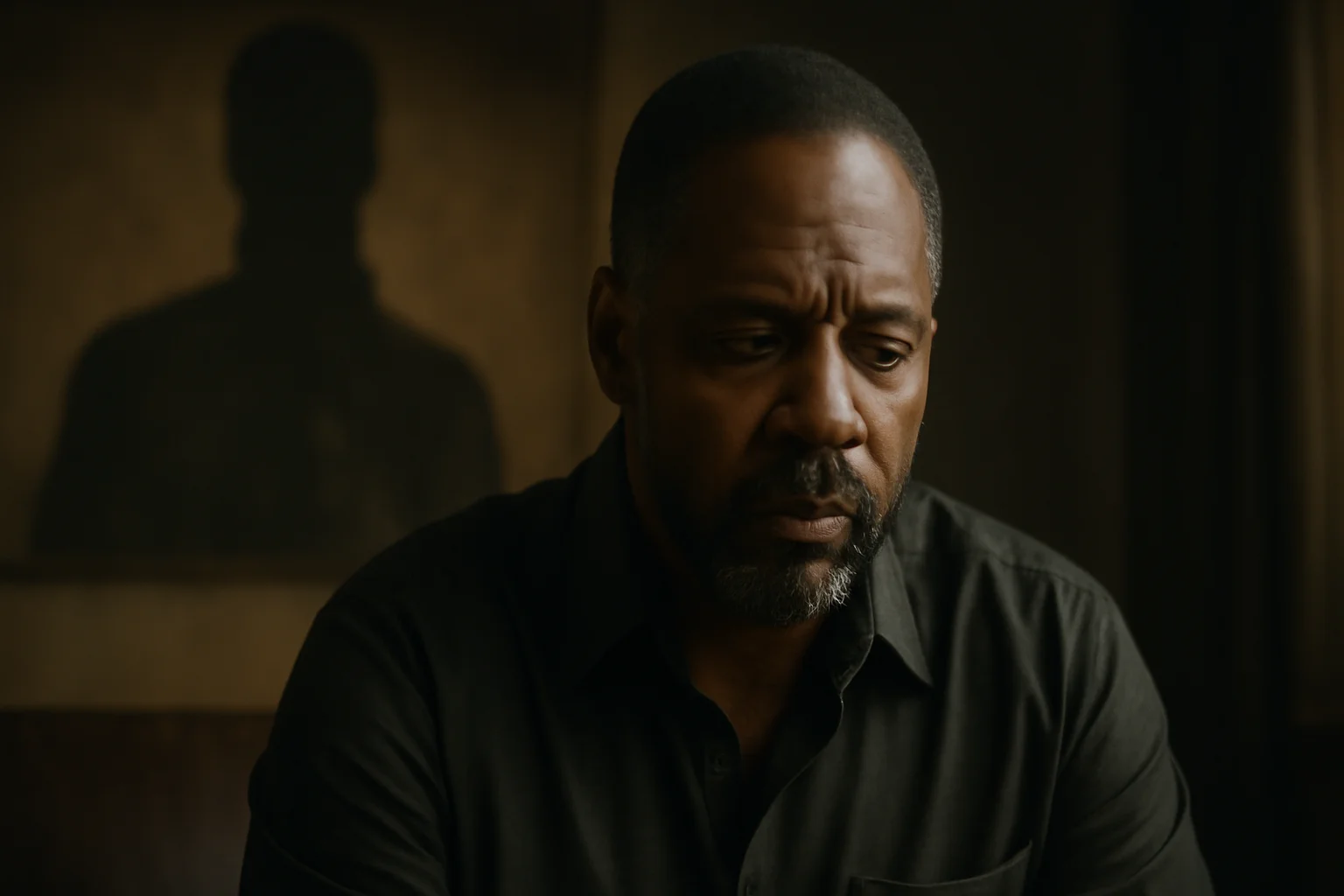
Warner never shied away from the complexities that came with his fame, especially as the legacy of “The Cosby Show” became entangled in controversy.He spoke openly about the challenges of growing up in the public eye and the pressure to define himself outside the shadow of Theo Huxtable.Warner’s willingness to confront difficult subjects—including the allegations against Bill Cosby and their impact on the show’s legacy—showed a depth of character that earned respect from peers and audiences alike.He mourned the loss of the show as a cultural touchstone, emphasizing the need for positive, realistic representations of Black life on television.His poetry, music, and podcast work all addressed themes of identity, community, and healing, providing space for difficult conversations and shared understanding.Warner also reflected on his own journey, sharing struggles with fame, identity, and finding peace outside of the relentless spotlight.He expressed pride in building a life defined by integrity, creative fulfillment, and a commitment to making a difference.Warner’s honesty about his successes and challenges offered comfort and inspiration to others navigating the complexities of modern life and public expectation.By facing the shadows in his own story, he gave others permission to do the same, fostering a sense of collective resilience and hope.His ability to transform pain into purpose became one of his most profound gifts.The man who grew up on television became a symbol of what it means to grow up in full view of the world—and to do so with grace.
Advertisement
9. Family, Privacy, and Peace
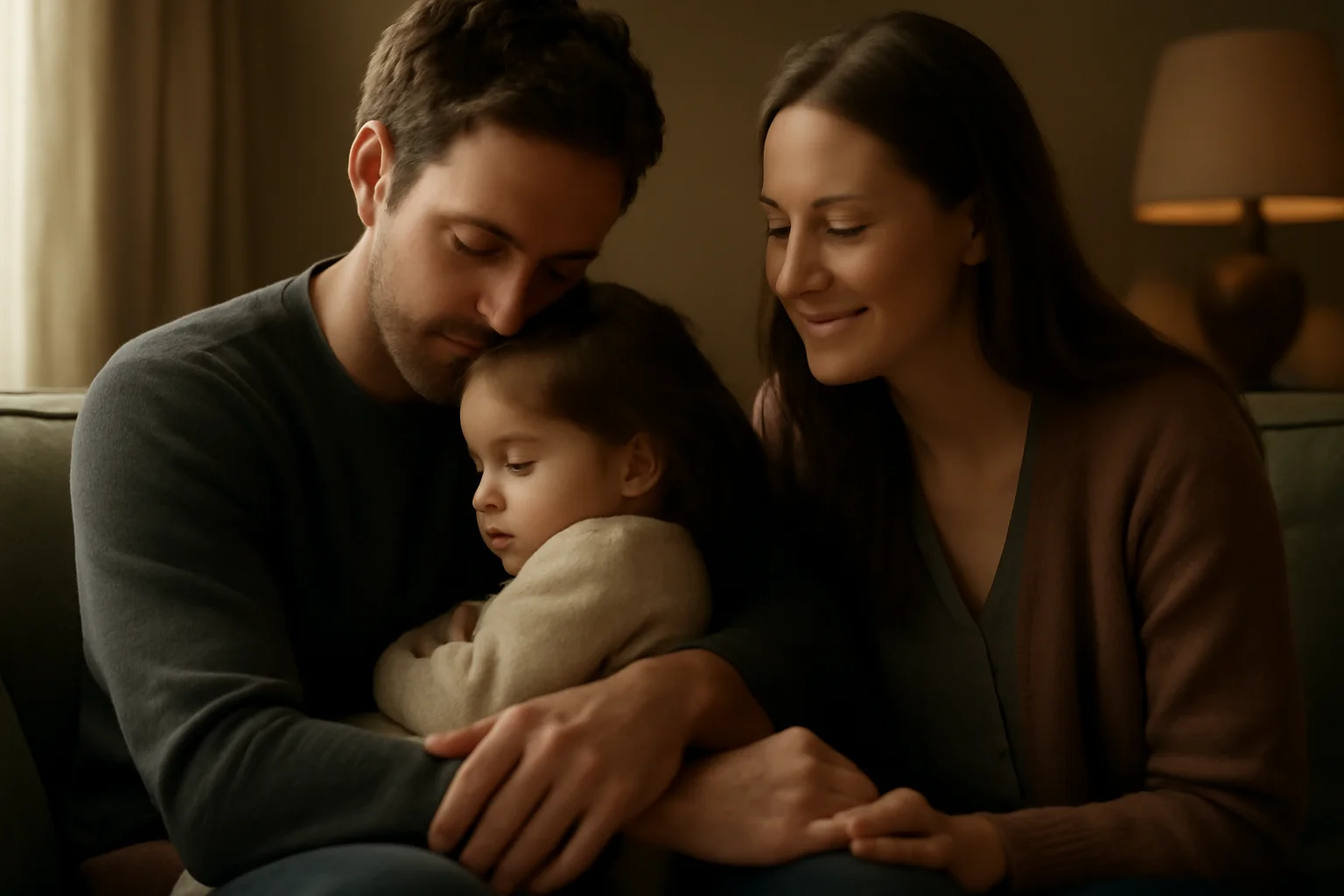
Despite his fame, Warner fiercely protected the privacy and peace of his family life, sheltering his wife and young daughter from the glare of celebrity.He often spoke about the importance of family, legacy, and creating a life filled with meaning, balance, and unconditional love.Warner credited his mother, Pamela, with guiding his career and instilling values of humility, perseverance, and authenticity that shaped him from an early age.In interviews, he reflected on the deep fulfillment he found in marriage and fatherhood, describing his relationship with his wife as one rooted in trust, partnership, and joy.He sought to model a different kind of celebrity—one where success was measured not just by accolades, but by the quality of relationships and the impact made on those closest to him.Warner rarely revealed personal details publicly, preferring to keep the most sacred parts of his life away from headlines and cameras.Friends and family described him as warm, gentle, present, and endlessly supportive—a partner and parent whose love was steadfast and unconditional.His legacy as a family man became as important as his achievements in the arts, a reminder that the truest measure of a life well-lived is found in the hearts of those we love.Warner’s death has left a gap that can never be filled, but his example continues to inspire those who strive to balance ambition, art, and the sanctity of home.In choosing privacy and peace, Warner found a sense of fulfillment that outshone even his brightest moments in the spotlight.For those who knew him best, this was his greatest gift of all.
Advertisement
10. A Farewell to America’s Son
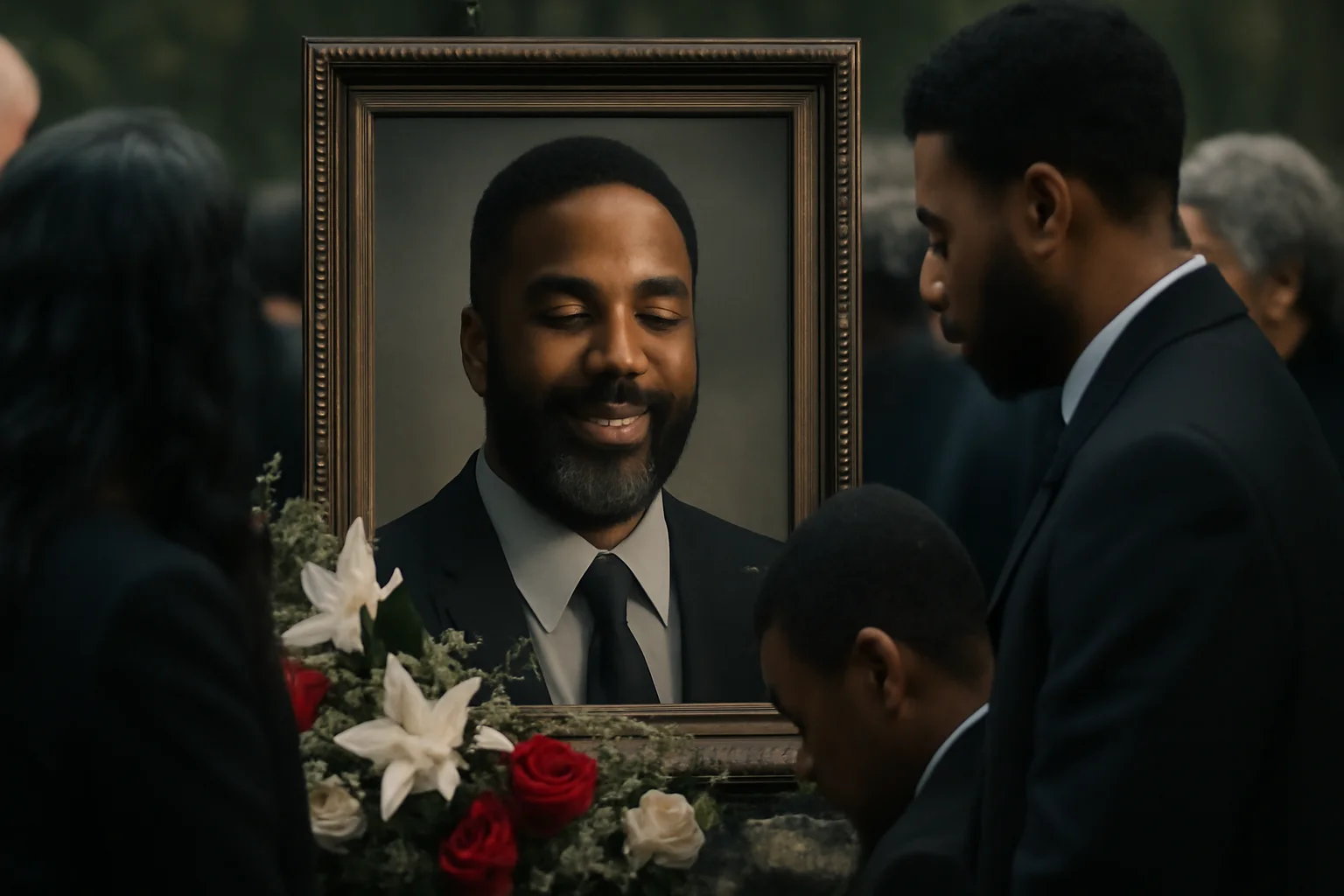
The sudden loss of Malcolm-Jamal Warner has been felt like a family bereavement by millions who watched him grow up on television and who saw themselves reflected in his journey.He was more than a star; he was a brother, a son, a friend, and a role model whose warmth, humility, and talent transcended the screen.Fans across generations, backgrounds, and geographies remember Warner for the light he brought into their lives, the comfort of his presence, and the hope his characters inspired.His story is one of resilience, transformation, and purpose—proof that even in the face of great tragedy, a legacy can endure and uplift.The outpouring of grief and remembrance is matched only by gratitude for the decades of art, advocacy, and kindness he shared with the world.Warner’s journey reminds us of the power of representation, the necessity of honest storytelling, and the enduring importance of community.Though he is gone, the imprint he left on culture, on television, and in countless hearts will echo for generations to come.His life stands as a testament to the value of integrity, compassion, and the courage to be authentically oneself.In the words of those who loved him most, Warner’s legacy is not confined to a single role, but lives on in the lives he touched and the paths he helped illuminate.As we say farewell to America’s son, we remember a man whose spirit made the world a little kinder, a little braver, and a lot more whole.Rest easy, king—your legacy will never fade.
Advertisement
Advertisement
You May Also Like
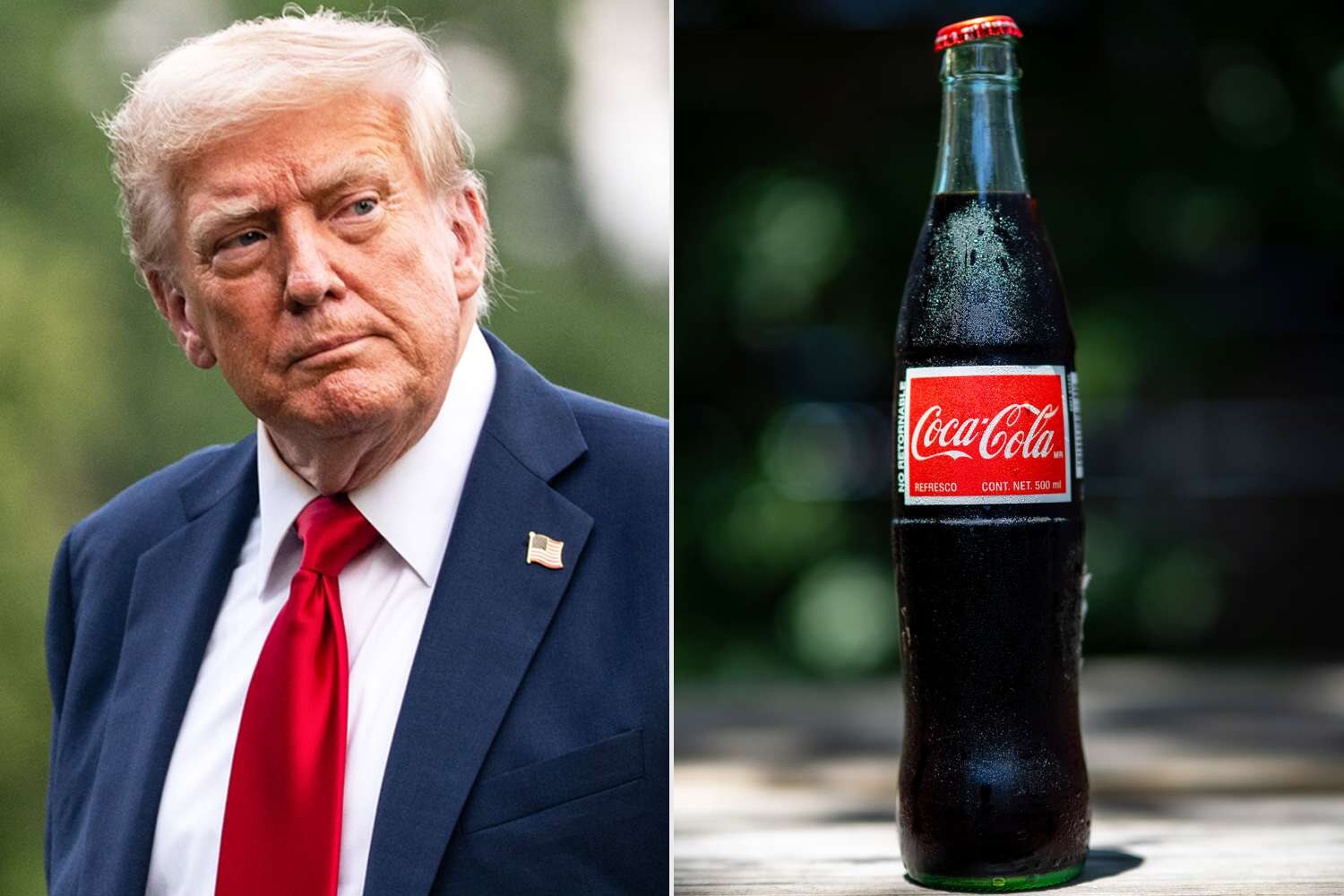
Coca-Cola Will Launch a Version of Coke With Cane Sugar in the U.S. This Fall
That's pretty good, right?
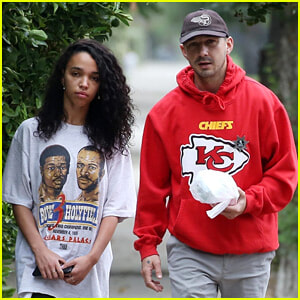
Shia LaBeouf and FKA Twigs Reach Settlement in Sexual Assault and Battery Lawsuit
This was still going on?

